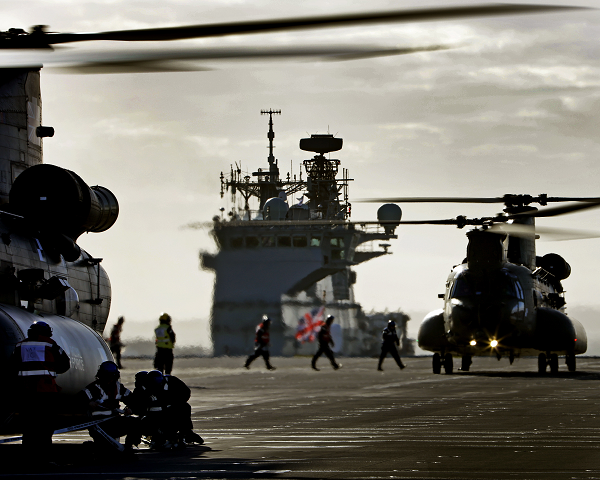Dealing with the COVID-19 pandemic
The coronavirus outbreak is set to devastate the aviation industry but working together and State support can provide a platform for recovery.
CANSO Director General, Simon Hocquard, has called on air traffic management’s aviation partners to work together to overcome the catastrophic damage caused by COVID-19.
“The only way the aviation industry can successfully navigate through these difficult times is if we all work together to ensure that aviation remains the safest and most efficient mode of transport,” he says.
Given the unprecedented nature of the crisis, it will also be essential for governments to protect air navigation service providers (ANSPs) from financial collapse. ANSP revenues are directly related to the volume of air traffic they control and so they are extremely vulnerable to the dramatic decrease in air traffic being experienced across the globe.
“Unlike the airlines, we cannot suspend operations and lay off a large proportion of our staff,” Hocquard explained. “We have to continue to keep our operations running safely, to keep our sectors manned to ensure the safe transit of aircraft including cargo flights delivering vital medical supplies and food. We cannot close our airspace, we still have flights to manage, albeit at a reduced level. The airlines and society rely on the ANSPs to provide a safe service when the traffic comes back, and so the ANSPs must be kept solvent as well as the airlines.
“Air traffic management is a critical part of our national infrastructures and we must protect it,” he continues. “That starts by making sure we do not cut off the essential revenue stream that enables them to provide a vital and safe service today and, in the future.”
Measures already being undertaken by ANSPs include brand new rosters for operational staff to prevent the spread of disease and ensure contingency in the event of staff illness. In addition, ANSPs have been working with their States to support national aviation plans for handling public health emergencies and collaborating with neighbouring States, airports and airlines to prepare contingency should staffing levels be hit by a COVID-19 outbreak.
“There’s no doubt that the challenges we currently face in terms of contingency and operational planning would benefit from strong coordination between industry and States,” Hocquard concludes. “New technologies and infrastructure are, however, also vital. This further sharpens the need for investment in our future air traffic management systems. Much needed investment which could be put at risk if governments fail to support ANSPs.”



